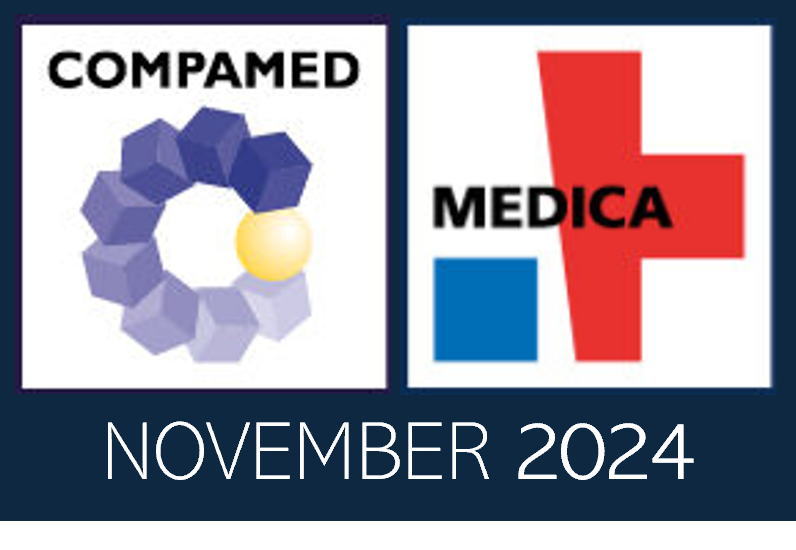

FDA-Cleared Nanotechnology developed by Nanovis is planned for use to enhance Medtronic PEEK interbody fusion devices used in Spine Surgery.

FDA-Cleared Nanotechnology developed by Nanovis is planned for use to enhance Medtronic PEEK interbody fusion devices used in Spine Surgery.

In the healthcare industry where patient lives are at stake, quality culture is a cornerstone principle extending beyond operational efficiency. It has profound effects on patient outcomes. As tech continues to disrupt healthcare, how do technology companies build a robust quality culture to succeed in healthcare?

The European Commission’s Green Deal sets specific sustainability targets across the EU, while policies like the German Supply Chain Act (LkSG) of 2023 are setting standards domestically. TÜV SÜD explains how hospital operators and medical device manufacturers can position themselves sustainably in the market.

In a document updated for the first time since 2017, AAMI released new guidance for EO material compatibility and including new alternatives.

In the medical device industry, engineering quality is paramount. This is a high-stakes field, and the FDA has zero tolerance for violations. A robust development process not only enhances quality, compliance and efficiency but also boosts profitability.

How can drug delivery devices manage competing priorities – reducing overall carbon footprint without expense to patient and practitioner safety or treatment efficacy. Sustainability strategies must account for commercial and budgetary pressures.

Because of the environmental and health risks that PFAS ─ per- and polyfluoroalkyl substances ─ pose, they are subject to a potential ban across the European Union. Such a ban would introduce a need for medical device manufacturers to identify and discontinue the sale of products containing PFAS, while also developing safe and effective alternatives. How will suppliers across the EU approach the impending shift away from these “forever chemicals”?

The MDIC Annual Public Forum 2024 kicked off this week with experts from the National Evaluation System for health Technology (NEST), the Centers for Medicare and Medicaid Services (CMS), and the FDA. Topics included the future of real-world evidence (RWE) and the integration of AI into the healthcare ecosystem and how can we leverage emerging technologies to bring innovative and safer solutions to patients.

MedTech organizations need to focus on the human factor of change and achieve top-down alignment, buy-in, accountability, and clear communication along the way.

MEDICA 2024 and COMPAMED 2024 trade fairs in Düsseldorf, Germany attract more than 6,000 exhibitors from about 70 countries. These events are globally unique information and business platforms for the entire value chain of medical technology systems and products – including development and manufacturing. MEDICA and COMPAMED will take place from November 11 – 14, 2024.